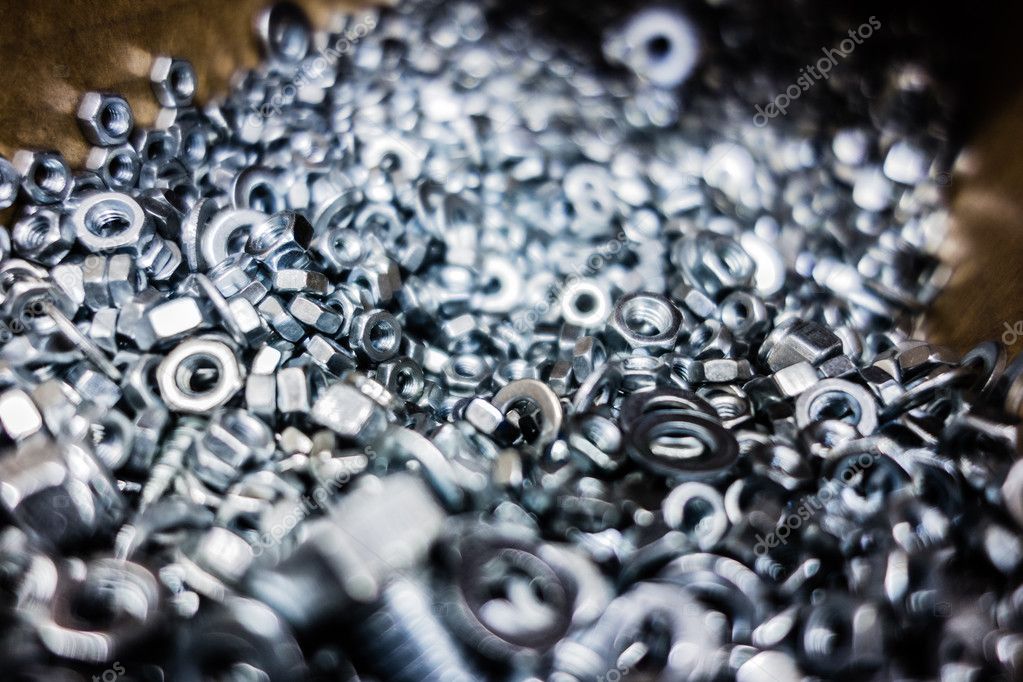In the realm of building, production, and DIY tasks, nuts and bolts play a critical role as essential components. Such apparently simple elements are instrumental to the assembly of numerous structures and machines. Understanding the development of fasteners and bolts not only highlights their importance in modern engineering but also uncovers the intricate patterns and innovations that have appeared over the years. From their earliest iterations to the present day's varied range of unique fasteners, the path of nuts and bolts is a captivating reflection of mankind's ingenuity and practicality.
As we delve deeper into this subject, we will explore the different types of fasteners and bolts, their specific uses, and key factors to take into account when selecting the right fastener for your project. Whether you're a experienced expert or a DIY enthusiast, having a comprehensive knowledge of various fasteners can make a notable impact in the outcome and longevity of your projects. Come along as we travel through the details of fasteners, bolts, and everything in between, providing you with the information needed to make wise choices for your next endeavor.
Types of Nuts and Bolts

Fasteners are crucial components used in various purposes, each designed to serve distinct functions. The most common type of bolt is the hex bolt, noted for its hexagonal-shaped head, which makes it easier to tighten and loosen with a wrench. Another frequently used choice is the carriage fastener, which features a rounded head and a square neck that prevents the bolt from rotating after installation. Lag bolts, also known as lag fasteners, are specifically made for heavy applications, providing a durable hold in timber and different substances.
Fasteners also come in various types, all tailored for particular functions. Regular hex nuts are widely used and compatible with numerous types of fasteners, while locking nuts are designed to prevent the loosening of nuts due to vibration. Flange nuts, featuring a integrated washer, distribute the load over a wider area and minimize the risk of harm to the surface. Understanding these various types helps in choosing the right connector for a task, guaranteeing a secure and durable connection.
For specialized needs, unique fasteners are available, such as nylon lock nuts that offer an added layer of security by preventing threaded movement. Additionally, safety fasteners, like tamper-proof nuts and bolts, are essential in cases where unauthorized access is a risk. By familiarizing yourself with the different kinds of nuts and bolts, you can make educated choices that enhance the efficiency of your construction or fixing tasks.
Materials and Coatings
These materials employed in nuts and bolts play a vital role in establishing their strength, resilience, and suitability for various purposes. Steel is the predominant material because of its significant pull strength and flexibility. It’s often used in construction and automotive applications. For settings exposed to moisture or detrimental elements, stainless steel is favored for its resistance to oxidation and corrosion, making it ideal for outdoor projects. Copper alloy and titanium are additionally used, with brass being effective in electrical applications due to its conductivity, while titanium offers a superior strength-to-weight ratio, making it favored in aviation and performance-driven contexts.
Coatings are of equal importance as they enhance the functionality and duration of fasteners. Zinc coating, for case, provides a barrier against rust and is frequently found on bolts used in environments where moisture is available. Galvanized fasteners, which undergo a stronger coating process, offer greater corrosion resistance, making them suitable for industrial outdoor applications. Additionally, powder coating can provide both cosmetic attractiveness and practical protection against abrasion and corrosion.
Selecting the right material and coating is vital for optimizing the effectiveness of nuts and bolts. Elements such as the operating environment, load requirements, and exposure to chemicals must be considered. For case, choosing corrosion-resistant coatings like PTFE or nylon can substantially increase durability in adverse conditions, while choosing a designated material can ensure the fasteners can handle the essential pressure and weight loads in their intended applications.
Specialty Fasteners
Specialized fasteners serve a crucial role in various applications where standard nuts and bolts may not be adequate. For example, tamper-proof fasteners are engineered to hinder unauthorized access or removal, making them ideal for security-sensitive installations. https://pichestan.com/ and bolts often demand specialized tools for installation and removal, adding an additional layer of security in environments where safety is a main concern.
Another notable category is anchor bolts, which are crucial in construction for securing structures to concrete foundations. They provide stability and strength, especially in heavy-duty projects. When picking anchor bolts, it is important to consider factors such as the type of load they will support and the environment in which they will be used, making sure that they provide the required support for long-lasting performance.
In addition to security and construction applications, there are also special fasteners like nylon lock nuts. These nuts feature a nylon insert that secures the nut in place, hindering it from loosening due to vibration or movement. Their unique characteristics make them suitable for multiple machinery and automotive repairs where ensuring tight connections is vital for operational safety and efficiency.
